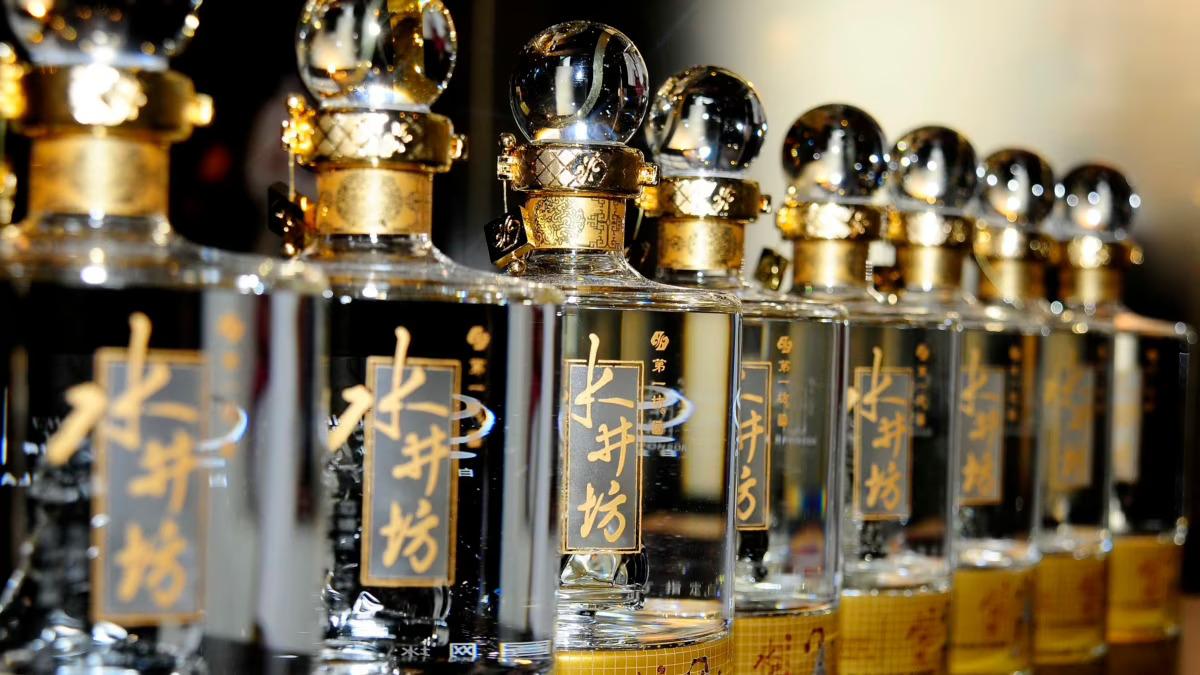It’s one of the world’s most consumed liquors. And it’s not vodka, gin, or even tequila. It is a Chinese liquor, specifically baijiu (white liquor), which may not sound familiar and is certainly not commonly served in most San Francisco bars, but is consumed all throughout China.
With a high alcohol percentage and ABV’s ranging from 80% to 120% proof, this fire water is not for the faint of heart. Although the beverage is mostly enjoyed at festive occasions, currently, there is a growing interest in it as more than just a celebratory/obligatory toasting shot. In fact, one bar in New York, Lumos, is specializing in baijiu cocktails, infusing the liquor with different ingredients.
This distilled beverage can be considered China’s version of vodka. Similarities include its clear-as-water appearance and that it’s served in shot glasses. But flavor-wise, it is a world apart. Baijiu possesses strong characteristics and can be savory, and even have sour notes, and funk that to some are an acquired taste.
While sorghum is the most widely used plant/grain for distilling, others include wheat, glutinous rice, barley, or millet depending on the region. Some baijius may also be produced from a blend of grains and can be infused with other flavors like herbs, tea, or flowers.
There are six different classifications differentiated by aroma – sauce (savory similar to soy sauce), thick (thick texture and sweet flavor), light (delicate in flavor, and clean mouthfeel), layered (a combination of characteristics from the other classes), and honey.
Baijiu is made in five steps. First, the grains are steamed or mashed, becoming qu (pronounced choo), which is the starter for fermentation. It is formed into bricks or balls and then kept in a warm, damp environment allowing yeasts and fungi to develop. The next step is saccharification, in which the qu is mixed with water to allow the microorganisms to convert the starches into sugar while simultaneously fermenting, or converting the sugars into alcohol. The fourth step is distillation, in which the alcohol vaporizes, separates from the water in the mash, and is collected and cooled. Finally, it is aged, where the distilled spirit matures and develops balance in flavor.
One of the most popular brands is Moutai, the namesake of the town where the spirit was originated. It is classified as having a savory sauce aroma. Another known brand is Er Guo Tou, which translates to “head of the second pot”, and is sometimes infused with walnuts, ginseng, longans, or jujubes.
Check out the baijiu-based cocktails at China Live!

